EDITOR’S NOTE: When we asked the Class I railroads for input on the May 2010 locomotive column on the subject of A.C. traction diesels, Norfolk Southern Assistant Vice President-Mechanical Don Graab responded by email and provided us some great detail. What follows is his perspective on why some railroads order only A.C. diesels, some D.C., […]
Section: Locomotives
K-28 Mikados: An engineman’s view
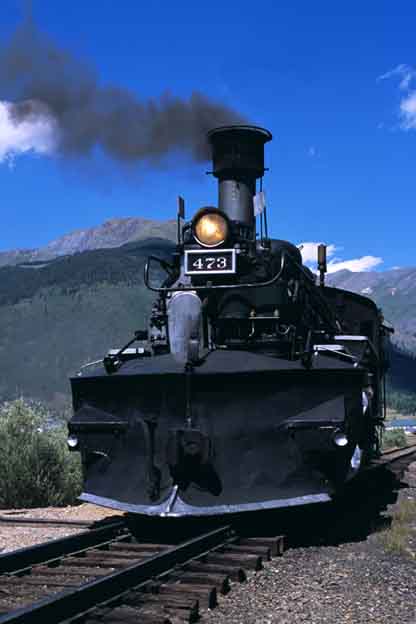
Durango & Silverton crew favorite 473 turns a photographers’ special on the Silverton wye during Railfest in August 2009. Her big plow was useful in fighting snow four months later. Robert S. McGonigal Durango & Silverton Narrow Gauge Railroad engineer Jarrette Ireland assesses the K-28 Mikados:There are many reasons why I personally enjoy the K-28’s, […]
Last Class 1 steam runs: Why isn’t my favorite railroad covered?
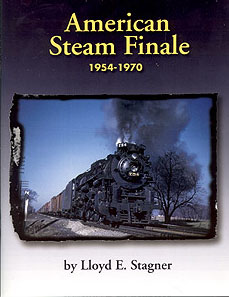
Lloyd Stagner’s book AMERICAN STEAM FINALE, 1954-1970 (South Platte Press, 2001; www.southplattepress.com) is the definitive resource on the end of steam on U.S. Class 1’s and short lines. In “Just Who Was First to Dieselize,” in Diesel Victory (2006), we mentioned 17 U.S. Class 1 railroads that dieselized early. To qualify for the list, the […]
Pan Am Railways Locomotive Roster 2009

Late in the day, but early on author Fred Frailey’s trip, Pan Am train AYMO passes Otter Creek, Mass., on Aug. 6, 2009. Ryan Parent In our January 2010 issue, Fred W. Frailey explores Pan Am Railways’ history and its history-making partnership with Norfolk Southern Railway: Pan Am Southern, which provides Pan Am a lot […]
At age 10, EMD’s Class 66 diesel locomotives face competition
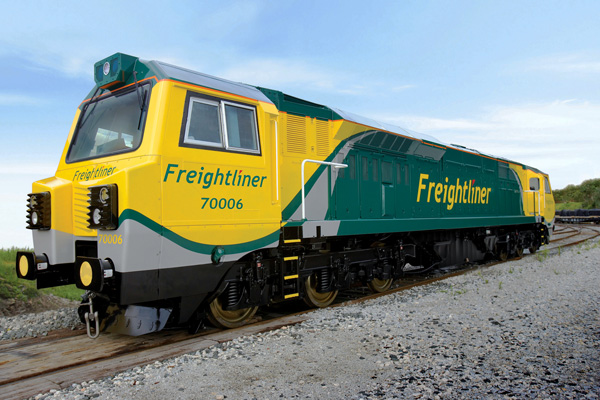
Freightliner No. 70006 represents GE’s new PowerHaul series, a potential competitor to the venerable EMD Class 66 diesels that currently rule in Britain. GE Twenty-four years ago, a British aggregate company, Foster Yeoman, took the unusual step of ordering American motive power for its movement of stone trains on the British rail network. Electro-Motive built […]
The Warbonnet visits … Austria?
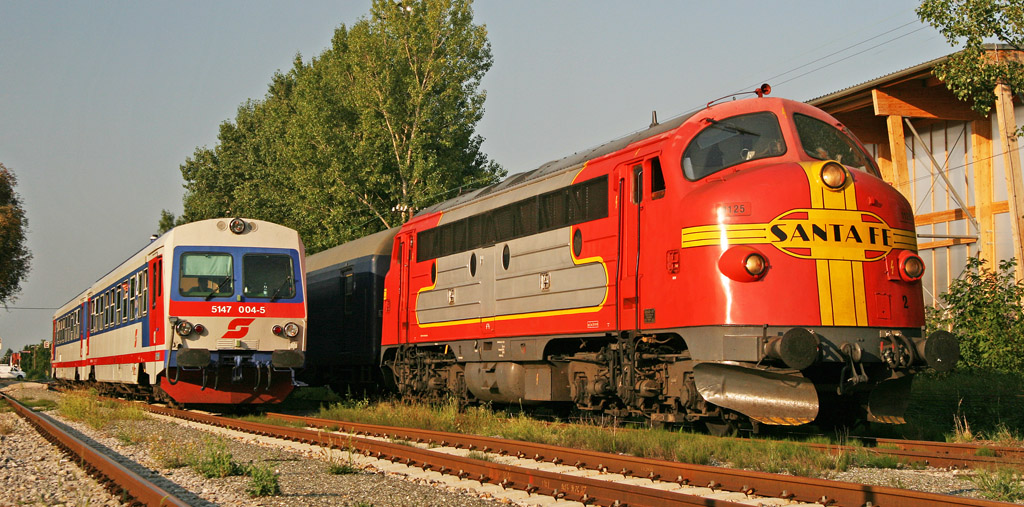
Eichholz Rail V170 No. 1125, a Swedish-built diesel, shows off its “Warbonnet” markings on an excursion train at Traiskirchen, Austria. Raimund Wyhnal BNSF may have given up the famous “Warbonnet” scheme it inherited from predecessor Atchison, Topeka & Santa Fe, but a German company is keeping the classic scheme alive. Eichholz Rail, a German railroad […]
Locomotive 2009 rosters
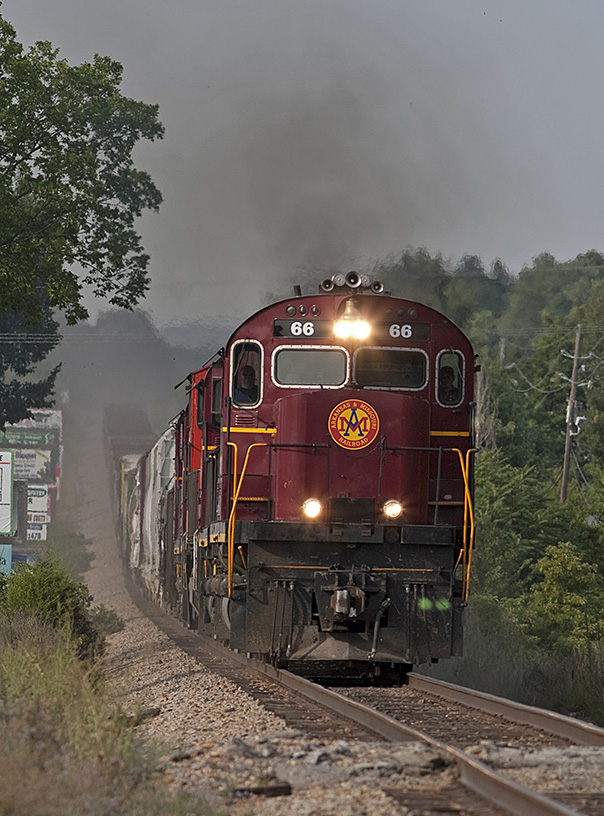
Arkansas & Missouri Railroad roster Legendary among Alco operators, the Arkansas & Missouri Railroad is an independent Class III railroad operating 139-miles of onetime Frisco trackage between Monett, Mo., and Fort Smith, Ark. In addition to freight service, the road also operates passenger excursions. The road’s all-Alco fleet is dominated by 16 C420s of various […]
The freight-hauling locomotives of U.S. Gypsum
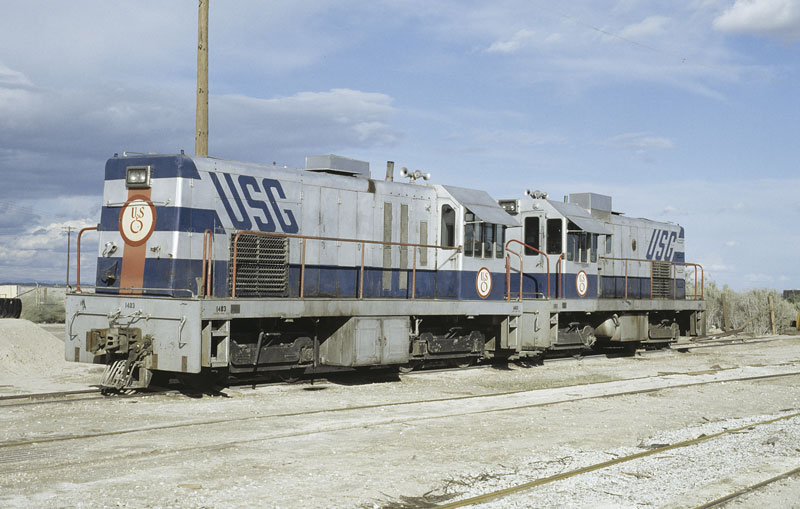
For 35 years, these two GE 54-ton switchers were the workhorses for USG Corp.’s gypsum-hauling 3-foot-gauge railroad in Southern California’s Imperial Valley. Built in 1956, the two GE rest on April 27, 1991, at Plaster City, Calif. The following year, the units were donated to Colorado’s Georgetown Loop, displaced by USG’s Bombardier-built DL535Es. David Lustig […]
Tom Fawell: Electro Motive Division promotional artist
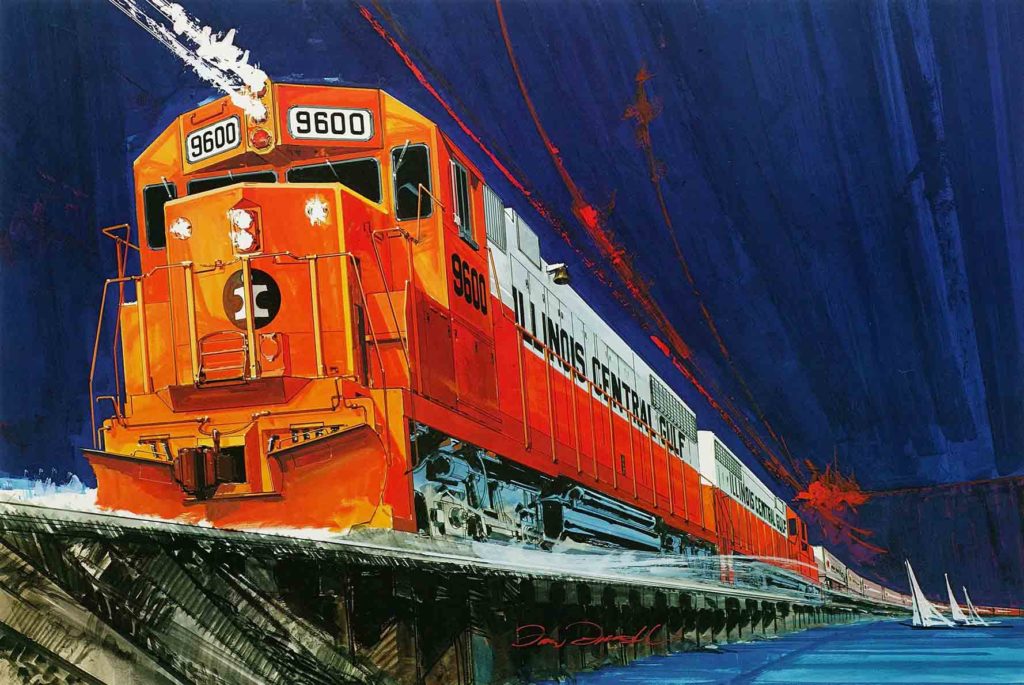
Tom Fawell’s painting depicts Illinois Cental Gulf GP38-2 No. 9600 on a low timber trestle. Artist Tom Fawell painted more than 100 promotional drawings for Electro-Motive Division. An article on his work, “The Bold Style of Tom Fawell,” appeared in Spring 2008 Classic Trains. Download it now in its entirety! See the June 2009 issue […]
Wheeling & Lake Erie locomotive roster
The Wheeling & Lake Erie, an Ohio-based regional railroad, has quite a fleet. See the pdf below for its current locomotive roster. To read more about the Wheeling & Lake Erie, see our special issue, “24 hours inside a railroad,” July 2008 Trains, which hit newsstands on June 10, 2008! […]
T-1 Construction Photos

1 2 3 4 5 6 7 8 9 10 11 12 13 14 15 16 17 18 19 20 21 22 23 24 25 26 27 28 29 30 […]
Steam locomotive profile: 0-4-0
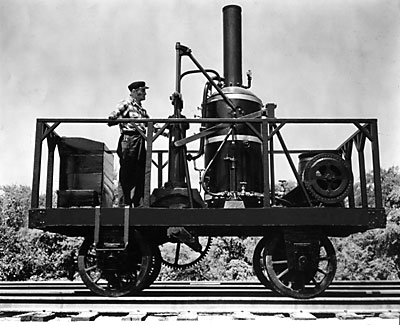
Baltimore & Ohio constructed this replica of the 0-4-0 Tom Thumb, its first steam locomotive. The original Tom Thumb was built in New York by inventor Peter Cooper, and made a successful first trip on August 25, 1830, when it pushed an open car hauling 18 passengers from Baltimore to Ellicott’s Mills. Early four-coupled locomotives […]
